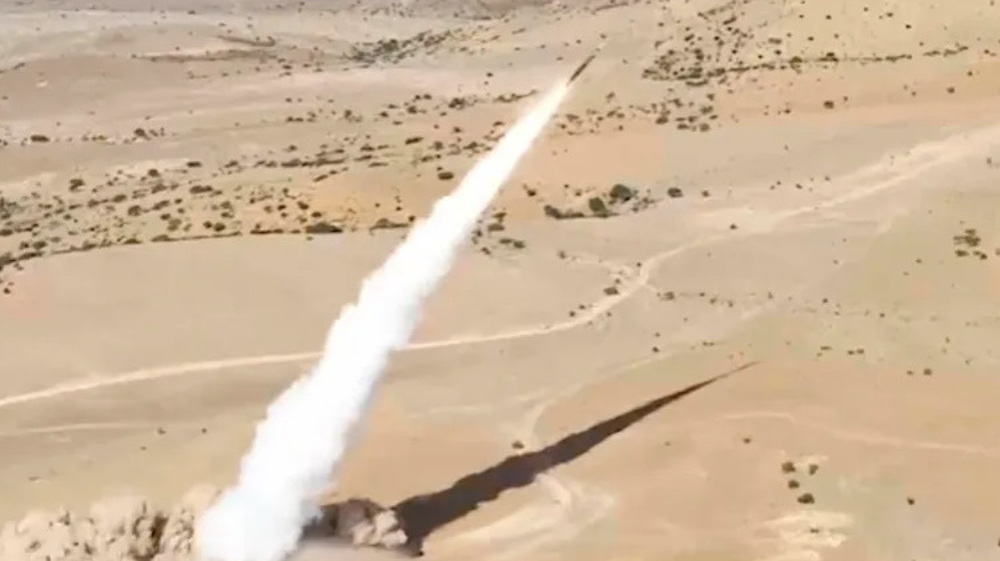US missile shield in Europe riddled with issues: Report
The Aegis Ashore missile defense network, which the United States has deployed to Eastern Europe over the years, is only partially operational due to a host of issues from repeated delays to failed interceptor missile tests and problems with contractors, a new report by the Government Accountability Office has revealed.
The latest GAO report found that only seven of the 11 planned test-launches of the Aegis were carried out throughout 2018.
It also warned that the testing schedule chosen for the missile system was critical because postponing tests of key intercept capabilities of the system before it goes operational "can result in late, and costly, discovery of performance problems" in near future.
Additionally, the report stated that "construction contractor performance issues” were slated to delay the Aegis Ashore Missile Defense System Complex in Poland by at least 18 months after the planned December 2018 date.
The report said the contractors were trying to fix the issues such as deploying key personnel to the site, adding a second shift and withholding award fees to the contractors as a penalty for the delays.
"Despite these efforts, [the Missile Defense Agency] has found the contractor's performance is still particularly poor in the areas of construction management, identification, procurement, timely delivery of important materials, and timely hiring of staff with appropriate skills," the report noted.
According to the report, the MDA has suggested that delays in the construction of the Poland Aegis Ashore base could help carry out more testing of the missiles.
The MDA has yet to negotiations with the Polish government to allow Aegis's powerful radar systems to take over a range of radio frequencies which had been reserved for commercial purposes.
In Romania, meanwhile, the MDA was dealing with various issues on the Aegis Ashore site, including malfunctioning cooling systems, three years after the site was declared operational.
Russia’s objection
NATO military officials have openly suggested that they need to upgrade the existing missile defenses in Eastern Europe to build a deterrent against “Russian aggression” and two intercept Russian ballistic and cruise missiles.
Russia has long criticized America’s efforts to build a missile defense system in Eastern Europe on the basis that it could undermine strategic stability.
Moscow believes that the current bases in Romania and the one being built in Poland were illegal under the terms of the Intermediate-range Nuclear Forces (INF) Treaty, which bans deployment of missile systems with ranges from 500 kilometers – to 5,500 kilometers.
Moscow also alleges that the MK-41 launch platforms used by the Aegis Ashore system can act as an offensive weapon and fire nuclear-tipped Tomahawk cruise missiles.
Washington has denied Moscow’s charges, assuring that Aegis Ashore is only able to fire "defensive interceptor missiles."
In 2016, Russian President Vladimir Putin warned that the deployment of the Aegis Ashore system in Romania had forced the Russian military to target the site for destruction in the event of war.
Israeli strikes on north Gaza hospital ‘extremely dangerous, terrifying’: Director
VIDEO | Yemen targets Tel Aviv with Palestine 2 missiles
Pezeshkian: Iran resolved to complete North-South Transport Corridor
VIDEO | Iran-Syria: For Resistance
Qassam Brigades claims killing 3 Israeli troops in northern Gaza
More alive than ever: Sayyed Hassan Nasrallah's legacy grows stronger in martyrdom
Occupation of Syria’s highest peak Mount Hermon part of ‘Greater Israel’ project
Iran: Syrian people will decide their future without foreign interference











 This makes it easy to access the Press TV website
This makes it easy to access the Press TV website